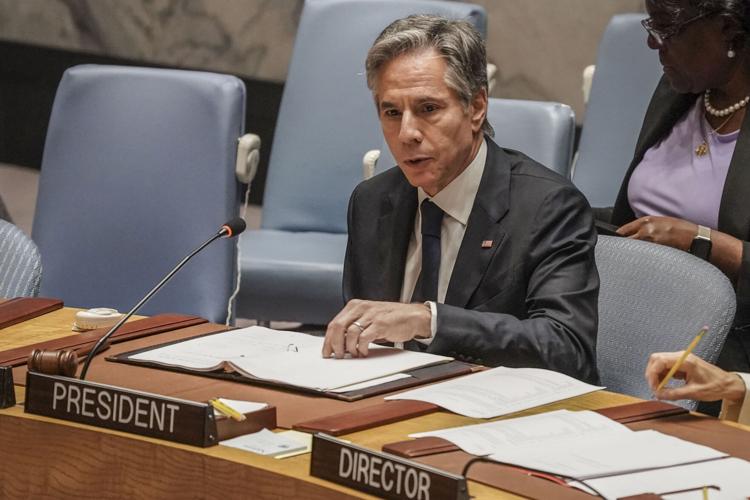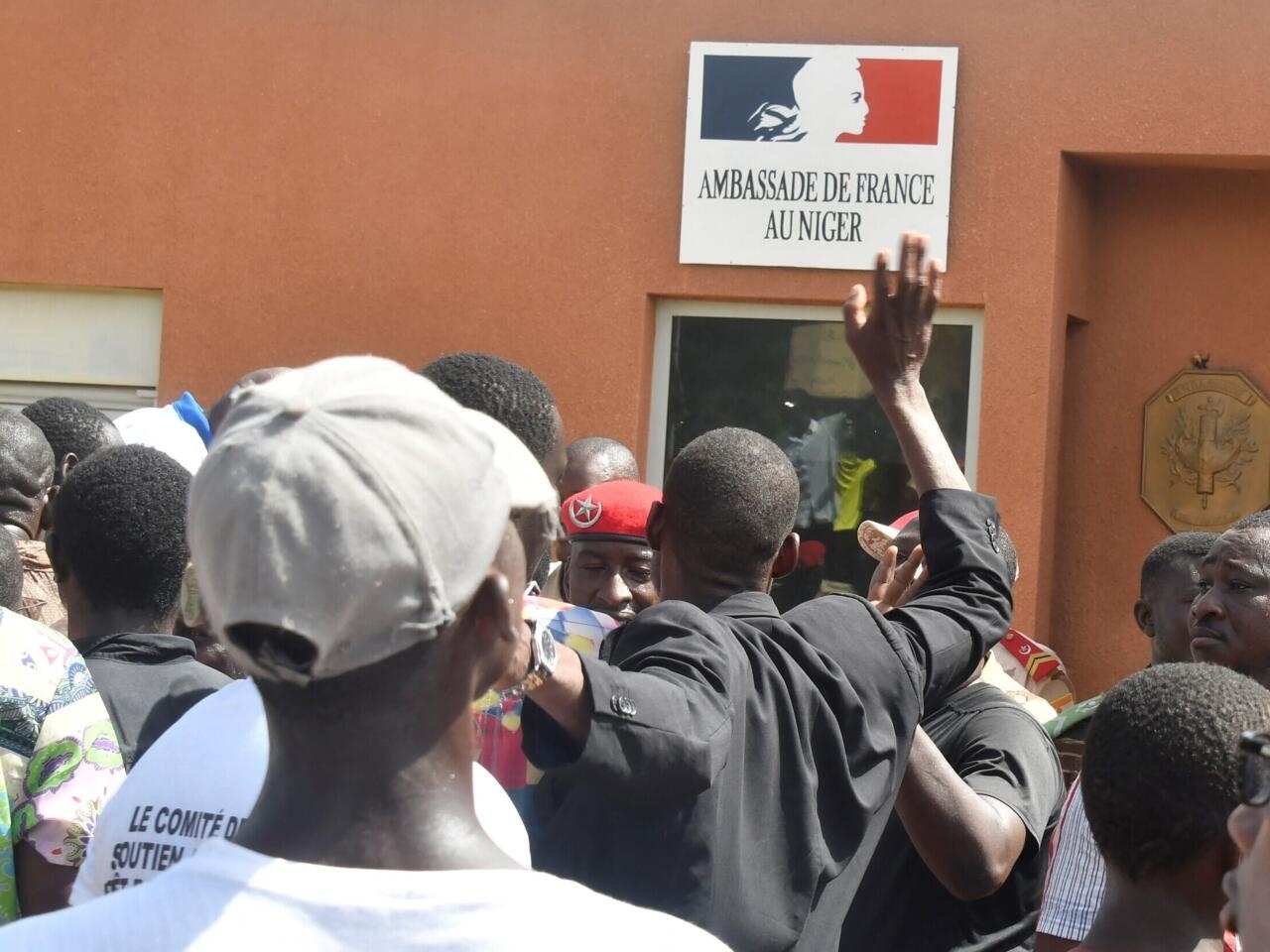In a scathing address at the United Nations Security Council meeting, US Secretary of State Antony Blinken called on all nations to confront Russia’s use of grain as a weapon of “blackmail” and its unconscionable exploitation of the world’s hungry and vulnerable populations. The recent collapse of a crucial grain deal between Russia and Ukraine has led to a spike in grain prices, disproportionately affecting poorer countries. Blinken’s impassioned plea for an end to this disturbing practice demands urgent attention and collective action from the international community.
Russia’s Reckless Actions Ignite Global Food Crisis
Blinken accused Russia of disregarding the world’s pleas and unilaterally withdrawing from a year-old agreement that permitted Ukraine to export more than 32 tonnes of grain from Black Sea ports to countries in need. Instead of alleviating the risk of famine during the ongoing conflict between Russia and Ukraine, Moscow’s actions have exacerbated global food insecurity. Blinken lambasted Russia for bombing Ukrainian granaries, mining port entrances, and threatening vessels in the Black Sea, further destabilizing the already fragile situation.
Hunger Must Not Be Weaponised
With the collapse of the grain agreement, grain prices surged, posing severe hardships for poorer nations heavily reliant on affordable grain imports. Blinken implored every member of the UN Security Council to stand united and demand that Russia halt its exploitation of the Black Sea as a tool for coercion. He emphasized that hunger must not be used as a weapon of geopolitical advantage and that it is the responsibility of the international community to take decisive action against such malevolent practices.
The Path Forward: International Resolve and Restoring Stability
The grain deal, signed in July 2022 with the facilitation of Turkey, aimed to guarantee market access to Ukrainian grain despite the ongoing conflict. However, Russia’s demand for assurances regarding another agreement, particularly concerning its own fertiliser exports, led to the breakdown of negotiations. Russian Deputy UN Ambassador Dmitry Polyanskiy pointed to Western sanctions as hindering Russian food and fertiliser exports. Blinken remained resolute, stating that the US would support efforts to restore the grain deal and ensure Russia’s ability to freely export food, provided Moscow abandons its “blackmail” tactics
In conclusion, Blinken’s call to action at the UN Security Council sheds light on Russia’s exploitation of grain as “blackmail” and its detrimental impact on global food security. The collapse of the grain deal highlights the urgent need for international cooperation to address this pressing issue. By uniting against such malevolent tactics, the world can take a step towards ensuring that hunger is never weaponized and that food remains a basic human right accessible to all.
















